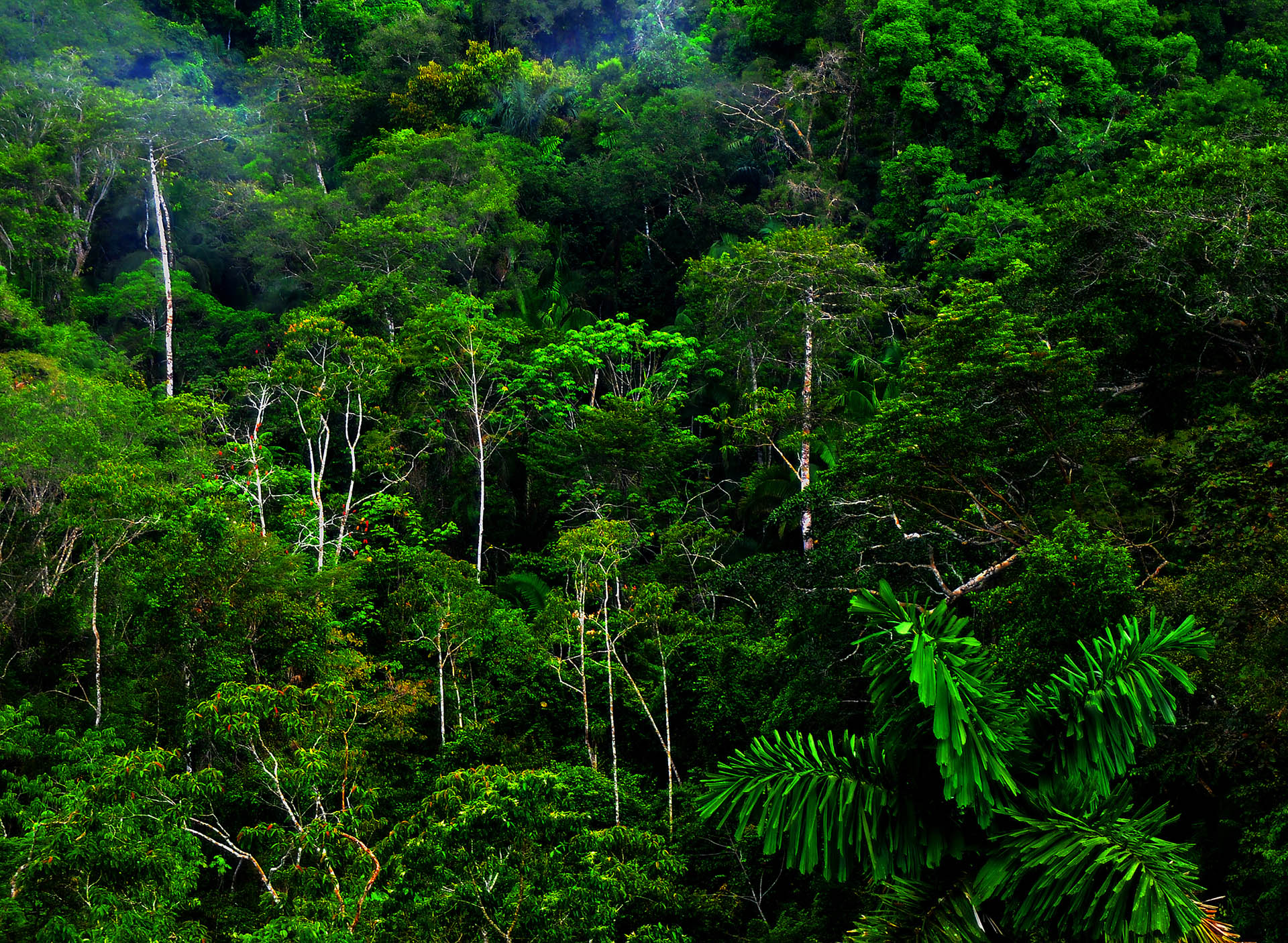In 2008, Norway supported the inception of the UN-REDD Programme. Ever since we have been close partners. Since 2008, UN-REDD has grown into a flagship UN partnership assisting countries in reaching both the Paris Agreement climate goals and the Sustainable Development Goals. Together, we have put great political efforts and substantial funds into trying to stop and reverse deforestation of tropical forests. Despite significant progress, the world is still not on track. Instead of forests slowing climate change, forest destruction is still driving climate change. This is a crisis of existential proportions. This must change.
The case for action is stronger than ever. No one questions the benefits of halting and reversing deforestation for sustainable development. There is simply no way we can preserve biodiversity, the climate system, or freshwater supplies without stopping forest loss. In fact, we need a planet much greener than today. And the longer we wait, the less attractive our options.
Cutting down forests might make sense in the short term for individuals, companies or criminal networks, but it rarely benefits the broader society. Instead, food production for a growing population and forest protection should go hand in hand. Brazil's agricultural miracle could be repeated three times over without clearing forests. Indonesia has millions of hectares of degraded lands, and aims to shift production to those areas. The Ethiopian government sees forest cover and agricultural growth as two sides of the same coin.
We know what it takes. Stopping deforestation primarily comes down to public policies: regulations, enforcement and incentives. A large part of the climate solution lies in providing protected status or clear tenure rights to forests with no formal land use category. Enforcement is key as well. Brazil's dramatic cuts in deforestation in the Amazon were largely due to increased enforcement. And finally, there are incentives. Too often agricultural subsidies lead to deforestation. We now need a global push to modify subsidy schemes so they instead support deforestation-free sustainable land use.
While REDD+ is no silver bullet, it remains a fundamental part of the solution. This year, UN-REDD is celebrating 10 years of successfully working with 64 partner countries to achieve climate, forest and development goals. To name just a few: more than 30 countries have advanced their national REDD+ strategies or action plans, 40 countries have developed national forest monitoring systems, and 15 countries have developed country approaches to meeting the UNFCCC social and environmental safeguards requirements.
Of course, it is not all about government policy. The New York Declaration on Forests was breakthrough- bringing companies, NGOs, indigenous peoples and governments together around one vision. And large companies have started to take serious action to eliminate deforestation from soy, palm oil, beef and other commodity value chains. But they need to be more ambitious. Companies should kick out the systematic deforesters and disclose whom they buy from. Transparency and accountability is what we need, and it is possible. Increased access to objective and standardized data will also allow the finance sector to engage. Banks, investors and asset managers can go much further - through investor engagement, through divestments from the worst offenders, and by progressively shifting investments to companies that manage risks well.
Norway's strategy has evolved since 2008. We will continue to partner with countries with strong forest ambitions that show political will and results, and help them go further. Together with Germany and the UK, we pledged USD 5 billion for REDD+ between 2015 and 2020, and we are delivering on that pledge. Paying for reduced emissions remains a core part of our strategy. International payments provide a political incentive as well as a financial one.
We will also make frequent, high-resolution satellite imagery publicly available and help build the information platforms to show in near real time who owns the land, who is deforesting, who is buying from them, who lends to them, and who invests in them. In just a few years time, we will achieve radical transparency in the global forest sector - because transparency leads to accountability, and accountability leads to change. We will continue to support indigenous peoples because there is clear evidence that indigenous lands have less deforestation.
Ten years ago countries and companies debated whether to act. Now they debate how. Change comes gradually until it comes suddenly. We have the power to make it happen. For that, we need to be determined, brave and impatient.




